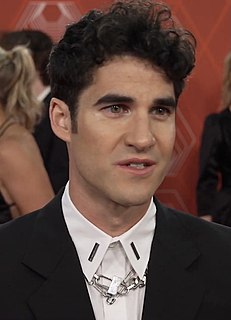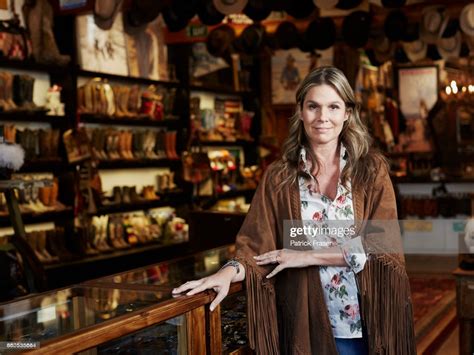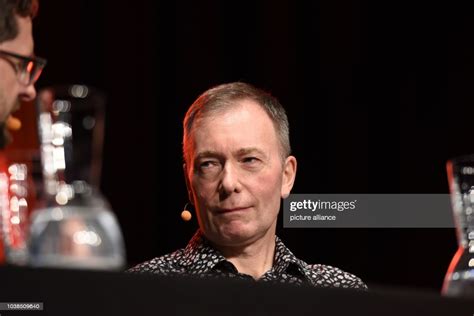A Quote by Juliet Marillier
I've loved fairytales, folklore and mythology since I was a small child, and I think it was inevitable that they would influence my style and my development of stories.
Quote Topics
Related Quotes
I think - since I was about 7 years old - that was when I was first introduced to the comics called 'Amar Chitra Katha' that are published in India. They're not about a superhero, but they encompass all the stories of India, the folklore, the mythology, everything. But most of these stories are about Indian historical figures.
The kind of influence you want is a much deeper influence. It's like empowerment. Things are like this, but what if they were like that? What happens if you turn everything inside out? It's something that not just artists do. I think scientists do that, too. There's a theory: What if we pour water on it? That's also what a child does. If a child came in now, the child would ignore us, go under the table, and make a house.
I've always loved the beauty world. Ever since I was a child, I looked at magazines and wore fragrances and tried out samples and sets. I worked at Clinique in the creative department for a summer during high school. And when I graduated from university, I worked at Prescriptives. My uncle [Leonard Lauder, chairman emeritus of the Estée Lauder Companies] smartly had wanted me to go into a small brand - to figure out what part of the company I loved. I discovered I was passionate about the creative process, the product development, creating a concept around a fragrance or lipstick.
We think that play and fairytales belong to childhood - how shortsighted that is! As though we would want at any time in our life to live without play and fairytales! We give these things other names, to be sure, and feel differently about them, but precisely this is the evidence that they are the same things, for the child too regards play as his work and fairy tales as his truth. The brevity of life ought to preserve us from a pedantic division of life into different stages - as though each brought something new.
I think airports are places of huge human drama. The more I see of it, the more I am convinced that Heathrow is a secret city, with its own history, folklore and mythology. But what has surprised me is the love the people who work there feel for the place. Everyone seems to think they are plugged into something majestic.





































